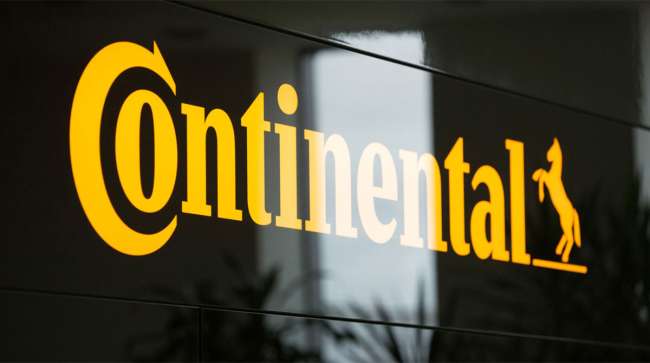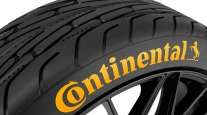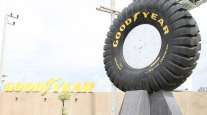Bloomberg News
Continental Weighs Spinoff to Separate Car Parts From Tires

[Stay on top of transportation news: Get TTNews in your inbox.]
Continental AG is considering spinning off and listing its struggling automotive business to separate it from the German parts maker’s more successful tire operations.
The manufacturer is evaluating “in detail” the spinoff and a subsequent 100% listing of the business that makes products including brakes and automated driving systems. Continental will make a decision in the fourth quarter, with a target to finalize any move by the end of next year.
The goal is to “fully exploit the value and growth potential of the two then-separate groups,” Continental said Aug. 5, adding that it will keep its profitable tires and ContiTech units.
Parts suppliers are under pressure as automakers temper production after demand for electric vehicles has slowed. Continental had been reviewing possible divestments and partnerships at its auto unit that’s fallen behind peers. ZF Friedrichshafen AG plans to eliminate about a quarter of its workforce in Germany by 2028 to deal with the EV shift.
Continental’s announcement signals that one of Europe’s largest suppliers of automotive parts is considering a deeper restructuring to revive profits. Investors have been criticizing its conglomerate structure for some time as the cost synergies between its sprawling operations weren’t always clear.
Hanover-based Continental is being squeezed by higher labor costs and slow progress on price renegotiations with its clients. The manufacturer recently said the benefit from recent cost cuts began to show in the second quarter, and will have a greater impact on profit in the second half of the year.
Want more news? Listen to today's daily briefing above or go here for more info
Conti’s automotive business — which employs around 100,000 people and generated sales of around €$22.3 billion in the past fiscal year — has been struggling with significant investment requirements and waning demand. Higher interest rates are weighing on car buying, and auto sales remain below expectations in China, where German brands are struggling to keep up with local competition led by BYD Co.
“Sharply fluctuating regional developments in the markets as well as the software-driven technology transformation will require even greater flexibility and entrepreneurial freedom,” CEO Nikolai Setzer said.
Continental shareholders would receive stock in an independently listed automotive entity in proportion to their holding in the main company.




